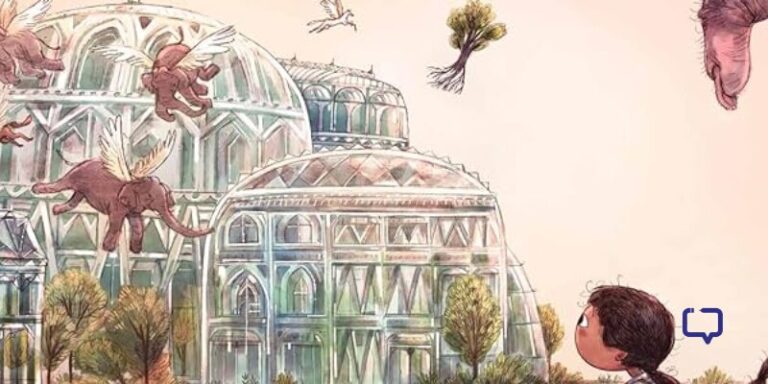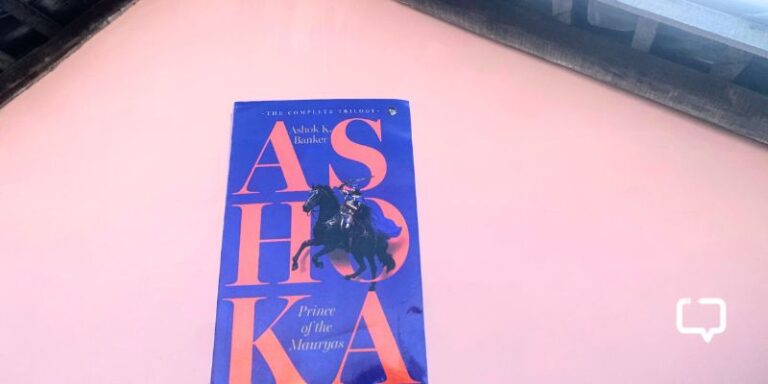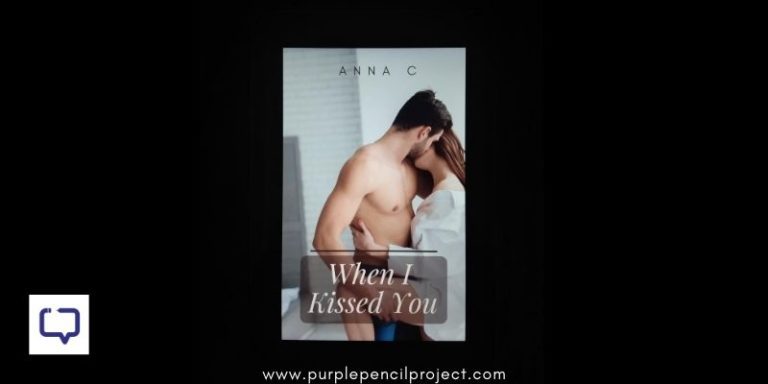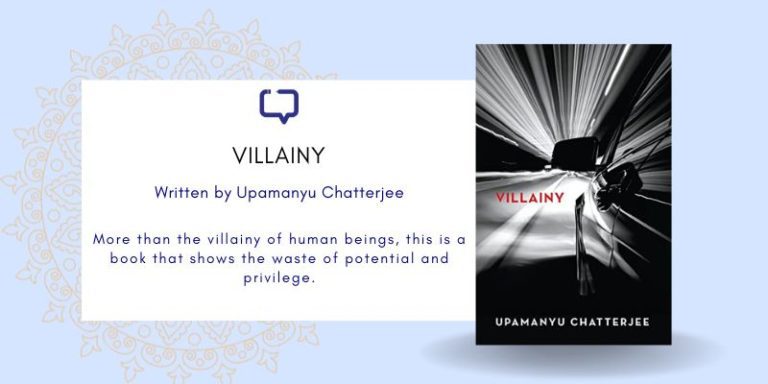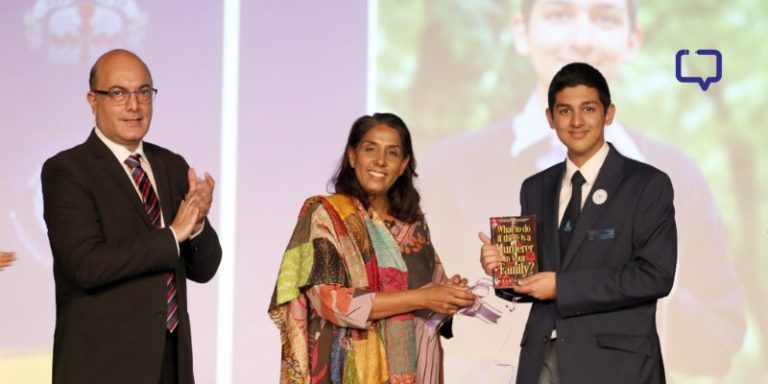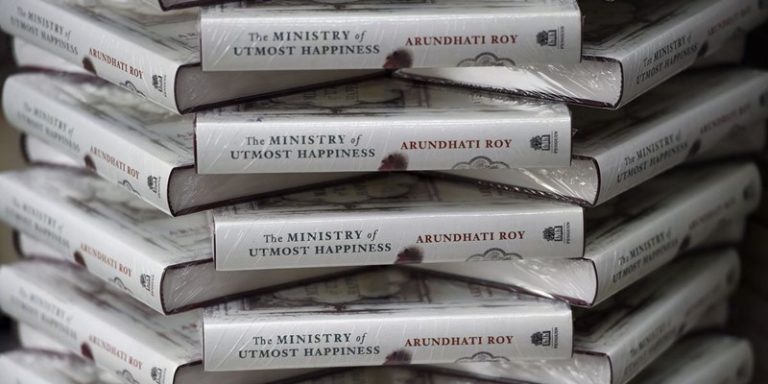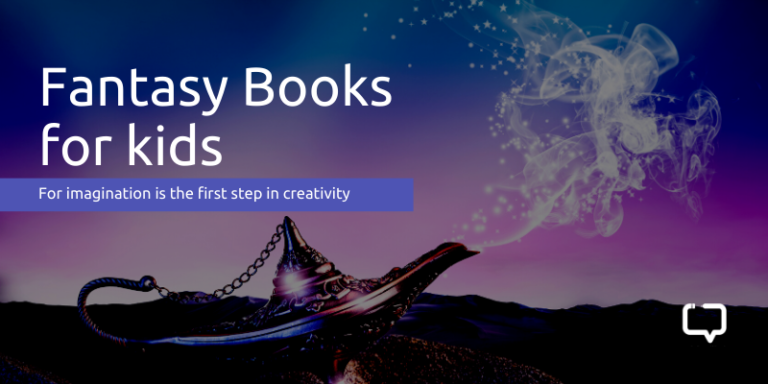Rahul Vishnoi reviews The Vast Empty by Turiya (Published by The Write Order, 2024).
What captures life in all its myriad emotions and expressions? Poetry. You could go from love to heartbreak to regret to hope to self-love in a matter of minutes. Poems mirror and match life like nothing else. Poets, hence, are the most radiant imbibers of life, love and loss. A little play of words and the reader is casually supplied with philosophy, something that might otherwise have demanded reading tomes of philosophy for hours on end. With a poem and a poet, this is achievable in the breadth of a minute.
For the poetry connoisseurs, The Vast Empty by Turiya is a string of pearls to wear around your neck for a while. This is Turiya’s, the pen name of Mamta Chander, debut poetry collection. Just 9 short of 100 poems, The Vast Empty is written with a focus on the volley of emotions that humans harbour in their minds.
The Broader Themes of The Vast Empty
Some of The Vast Empty’s poems are two pages long while titled with a single word; others just have a few lines. But both hit you with a similar vibe. There is no proper sequence which jumps from one emotion to another, just like we do in life. It’s sunny and then gloomy the next moment. In one poem you could find shades of heartbreak and self-love and in another, the poet is trying to find the meaning of life. It’s not all sunny-sunny though, for there is a deep and dark poem hinting at self-harm and suicidal thoughts.
Broadly, Turiya commanders her pen and poems to finding self-love, self-respect and a better meaning of the life one lives. She goads her readers towards being a little less harsh on themselves, accepting and forgiving their mistakes.
Poems in The Vast Empty
The book opens with ‘Obsession’ which laments about the loss of love. The poet wonders if the love had persevered and the partners were together, would they still be able to preserve their love and respect for each other?
But when I wake up,
Turiya, The Vast Empty
I wonder,
Would you still fill my mind,
The same way
If you were here by my side?
The second poem ‘Words’ tells the story of the making of a poem. A poem takes birth when the wind blows just the right way and the moon is lighting up the night. This could well be the birth of love, as the poet alludes towards the sentiment that vibrates with all the pinkness of love and romance.
That heart
Turiya, The Vast Empty
Was it yours?
In ‘Wanderer’, the poet wonders if all the adventures that a person seeks, at the end of them, have they found a kernel of their own selves? If not, what was the higher purpose? In the disguise of asking a wanderer, she probably questions the commitment phobia.
Tell me,
Turiya, The Vast Empty
My wanderer,
What are you chasing?
While ‘I’m Here’ has a heady mix of strong attraction and a promise of sweaty, tempestuous love, ‘The Place’ has the security of an old love and a strong home, reminding us of the COVID times and the time families spent bonding together.
If this is what heaven is,
Turiya, The Vast Empty
Take me there right now!
‘Breath’ implores you to slow down to celebrate the beauty of life. ‘Age’ asks you to not regret the decisions made in youth as perhaps those are the ones that make you the person you are today.

My favourite is ‘Hours,’ which weighs in on the little joys of running a household over the dry joys of professional life. It does that without expanding upon the gender of the narrator. It could be a man or a woman: the poet doesn’t delve on that but reflects the happiness they feel in a home than in the busyness of professional life. The gender fluidity of the poem is its strong suit as it doesn’t expect only the woman to be the one to choose the family over professional commitments.
There is milk to be heated
Turiya, The Vast Empty
A lunch to be served
Chores to complete
A household to run.
…
Suddenly my heart feels full
There is light in my soul.
‘On Living’ asks questions about the brevity of life and the wish people have to live long and full lives.
Another favourite is ‘Anticipation’ where Turiya compares the words stuck in our heart to a dew drop clinging onto a rock. It brilliantly captures the hesitation and heartache of a lover who wants to spill out their promise of love but can’t.
‘The House of Reality’ takes a dark turn where the protagonist ‘blows out the last candle of hope’. It has thoughts of self-harm and ending one’s life.
‘Rescue’ is a song of sorrow where a lover is asking another to come to rescue them.
‘Full Circle’, the longest poem, is a personification of the dawn, morning, afternoon, dusk and night, giving all of them characteristics that reflect their nature, turning these periods of time into people.
When all has been said and done
Turiya, The Vast Empty
The queen looks east for her reprieve
At dawn
Who comes skipping through the skies.
It’s followed by ‘Space,’ one of the shortest ones, wondering about the vastness of space.
Another favourite is the poem Turiya has chosen to end the book with: ‘Thoughts’. It talks about how things become thoughts and the emptiness of the mind is littered with them. It speaks about thoughts that take control of our minds, never to let go. It’s a suitable tribute to overthinking, the bane of our existence.
A thought so deep
Turiya, The Vast Empty
It took me
A thousand years
To emerge from it.
Conclusion
The varied themes Turiya has covered capture the many emotions that overwhelm us over and over. There is something here for everyone: 91 poems — give five minutes to each, chew them with your mind and then relish the words and the glow they emanate.
Poetry can both be power and comfort. It all depends upon your reading eyes.











